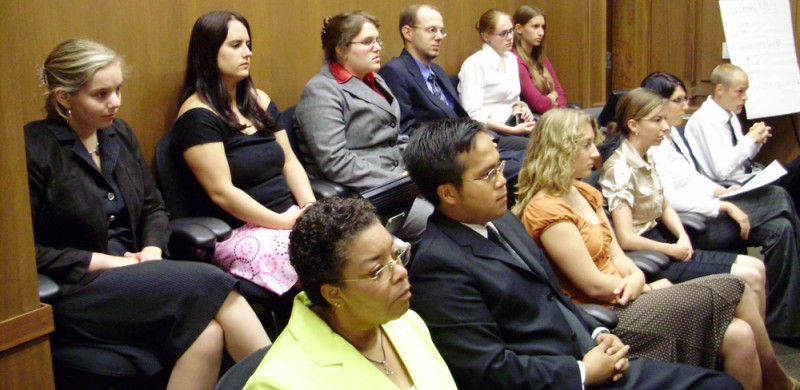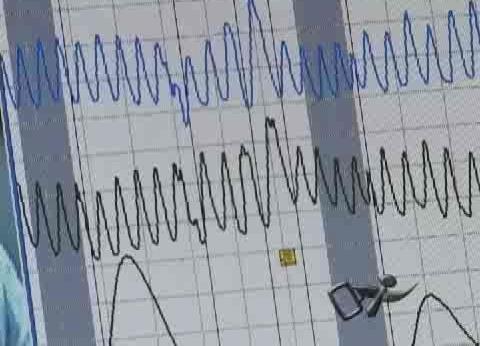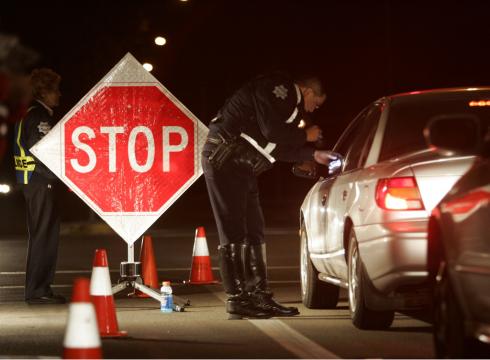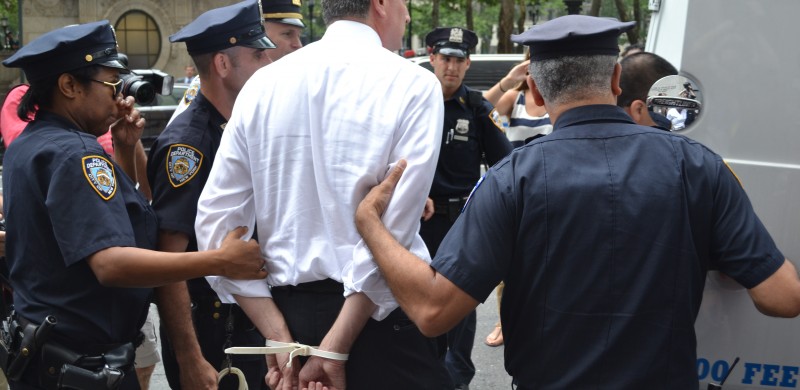Understanding the Foundation: A Summary of Michigan Rules of Evidence 401-411
The Michigan Rules of Evidence (MRE), specifically Rules 401-411, lay the groundwork for what evidence can be presented in court and how it might influence the outcome of a case. This article aims to provide a clear and concise overview of these foundational rules, drawing from the Michigan Rules of Evidence Handbook.
Rule 401: Test for Relevant Evidence
This rule is the cornerstone of admissibility. Evidence is considered relevant if it “has any tendency to make a fact more or less probable than it would be without the evidence” and the fact itself is “of consequence in determining the action.”
In simpler terms, relevant evidence helps make the case for or against a party through its connection to the underlying issues.
Rule 402: General Admissibility of Relevant Evidence
As long as evidence doesn’t run afoul of the Constitution, the Michigan Rules of Evidence, or other legal principles, relevant evidence is generally admissible. This rule reinforces the notion that all pertinent information should be considered by the court to reach a just decision.
Rule 403: Excluding Relevant Evidence for Prejudice, Confusion, Waste of Time, or Other Reasons
Even relevant evidence can be excluded if its potential for harm outweighs its probative value.
This means the court may decide not to allow evidence if it:
- Is unfairly prejudicial towards a party, creating undue sympathy or animosity.
- Confuses the jury or distracts them from the main issues of the case.
- Wasted time due to being repetitive or unnecessary.
- Presents cumulative evidence, meaning similar points have already been established.
Have your rights been violated?
Have your driving priviledges been revoked?
Has your professional license been suspended?
Have you been charged with a crime?
Call our office to see if we can help
Komorn Law 248-357-2550
Beyond the Basics: Rules 404-411
While Rules 401-403 establish the core principles of evidence admissibility, the subsequent rules delve deeper into specific types of evidence.
These include:
Character Evidence: Rules 404-410 limit the use of character evidence to prove or disprove an act on a particular occasion. Exceptions exist for specific situations, such as in criminal cases where self-defense is an issue.
Habit and Routine Evidence: Rule 406 allows evidence of a person’s habit or routine to be admitted if it’s relevant to an issue in the case.
Similar Occurrences: Rule 407 governs the admissibility of evidence of similar occurrences, generally excluding them unless they are highly probative of a specific issue.
Compromise and Offers to Compromise: Rule 408 limits the admissibility of compromise negotiations to prevent chilling settlements and encourage open communication.
Inadmissibility of Pleas, Plea Discussions, and Related Statements: Rule 410 protects defendants from having their withdrawn pleas or plea discussions used against them in certain legal proceedings.
Liability Insurance: Rule 411 generally prevents the use of evidence of liability insurance to prove or disprove negligence, though exceptions exist for other purposes like establishing agency or ownership.
Understanding the nuances of these rules is crucial for anyone involved in the legal system, from judges and attorneys to litigants and legal scholars. The Michigan Rules of Evidence Handbook provides a comprehensive guide to navigating these complexities, ensuring fair and just outcomes in Michigan’s courts.
Important:
This article provides a simplified overview of the Michigan Rules of Evidence for informational purposes only. It should not be interpreted as legal advice. When facing legal matters, always consult with a qualified attorney for professional guidance.
The Michigan Rules of Evidence are subject to change over time. Always consult the latest official version for accurate information.
Here is the link to the Michigan Rules of Evidence Handbook. Check the footer for the latest update.
Related Articles
No Results Found
The page you requested could not be found. Try refining your search, or use the navigation above to locate the post.
More Posts

Reform Today’s Forfeiture Laws
Everyday, I get calls to my office from medical marijuana patients and caregivers who have been raided or pulled over by police. Often times, these individuals are not arrested, and little if any paperwork is left behind by the various Narcotics Enforcement Teams....

KOMORN LAW NEWSLETTER ISSUE #1 May 2015
The Michigan Legal Advisor News Letters. Read the current newsletter from Michigan's #1 Medical Marijuana Defense Attorney Michael Komorn. KOMORN LAW NEWSLETTER ISSUE #1 May 2015 Michael Komorn is recognized as a leading expert on the Michigan Medical...

Attorney Michael Komorn Lectures Students at the U of M Law School
I wanted to give a huge thanks to University of Michigan Law School Professors Howard Bromberg, Mark Osbeck and Law School class. This past Thursday I had the honor of being asked to speak about my favorite topics, the Michigan Medical Marihuana Act and the practice...

Jury Selection In Marihuana Cases
A jury trial is fundamental to our democratic system of government. Every American citizen should embrace this responsibility by participating, and ensure justice prevails. by Michael Komorn I just picked a jury in a marihuana case, there were several perspective...

Planet Green Trees Radio Episode 149-MSC People v. Koon
The best resource for everything related to Michigan medical marijuana with your host Attorney Michael Komorn. Live every Thursday evening from 8 -10 pm eastern time. By Michael Komorn The Michigan Supreme Court issued a unanimous opinion making a finding that...

Polygraphs Proven Unreliable, Used for Police Intimidation
Polygraphs are widely recognized as unreliable yet police still use them to elicit confessions. By Michael Komorn Many states don’t allow polygraph test to be admitted in court because they are unreliable. Their lack of reliability is widely recognized by criminal...

Arrests for DUI’s on the Rise
By Michael Komorn Arrests for DUI’s have been on the rise across Michigan. This trend could drastically increase as The National Transportation Safety Board (NTSB) has called on state authorities to reduce the legal limit to 0.05 percent. Currently, all 50 U.S. states...

US District Court Judge rules police cannot enter a car without a warrant to facilitate a drug dog sniff
Federal Judge Applies GPS Ruling To Drug Dog Traffic Stop By Michael Komorn Last week, a judge with the US District Court for the Southern District of West Virginia applied the precedent to the common police practice of “permeation” where a police officer enters a...

Drug Checkpoints: Unconstitutional
By Michael Komorn The Supreme Court ruled in City of Indianapolis V. Edmund that drug check points are unconstitutional. So what happens when you see one on the highway? Keep calm and carry on. Police, especially in the Mid-west, have been using drug check points as a...

Knowing When to Exercise Your Rights
Remember, even if you are doing nothing wrong, there are a number of different outcomes that can occur from a police encounter. The short list includes: 1) No action, no problems; 2) A warning or citation; 3) An arrest and/or criminal charges. Exercising your rights...






